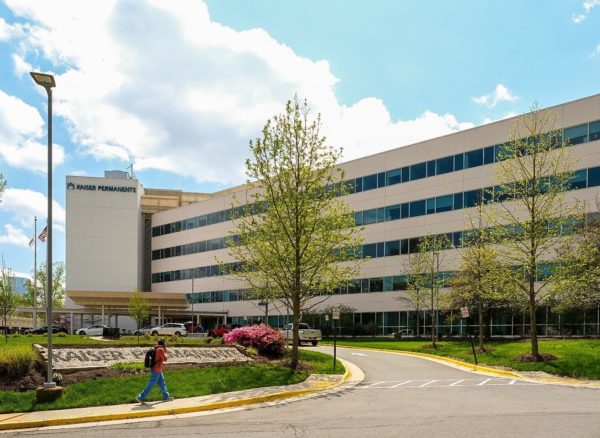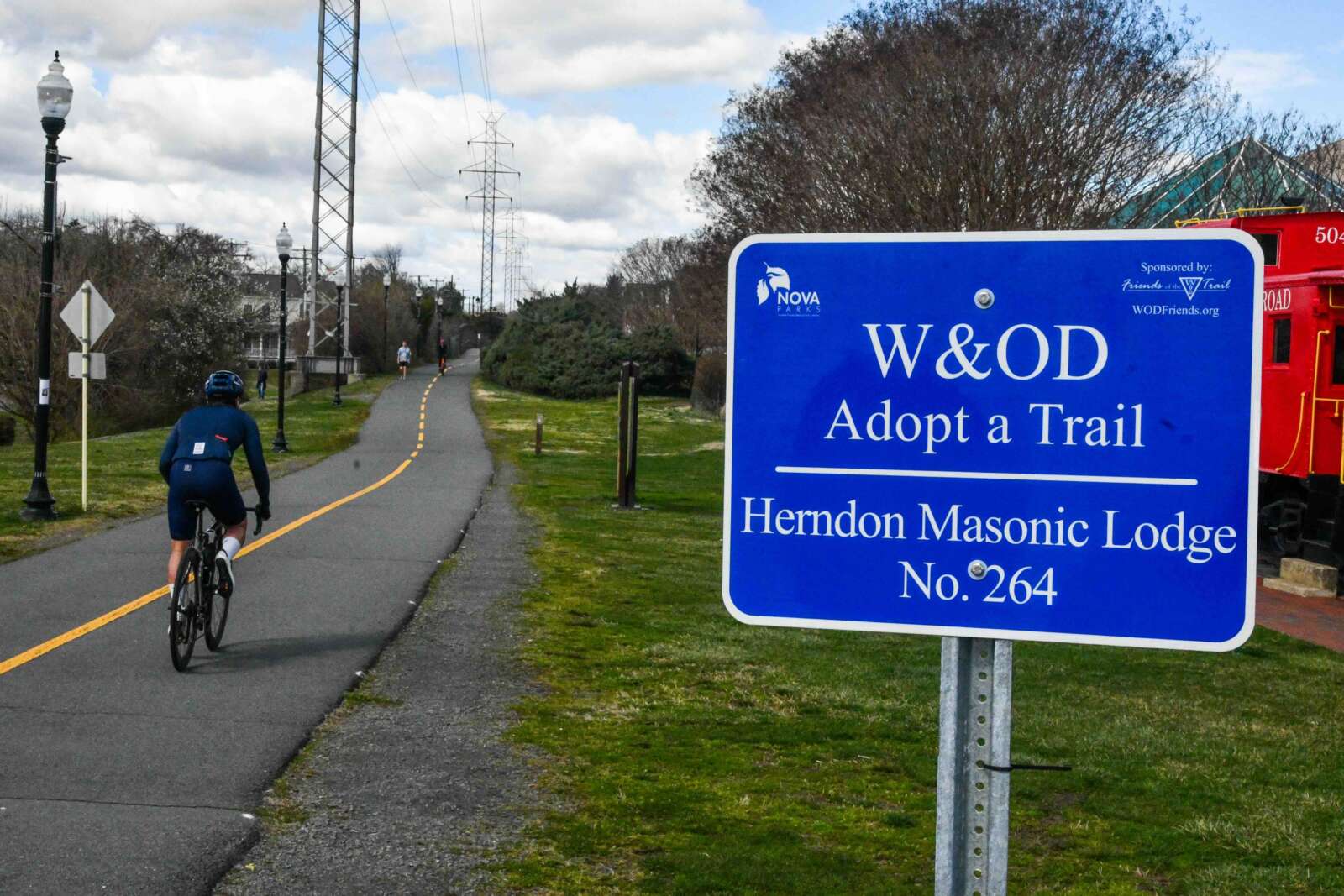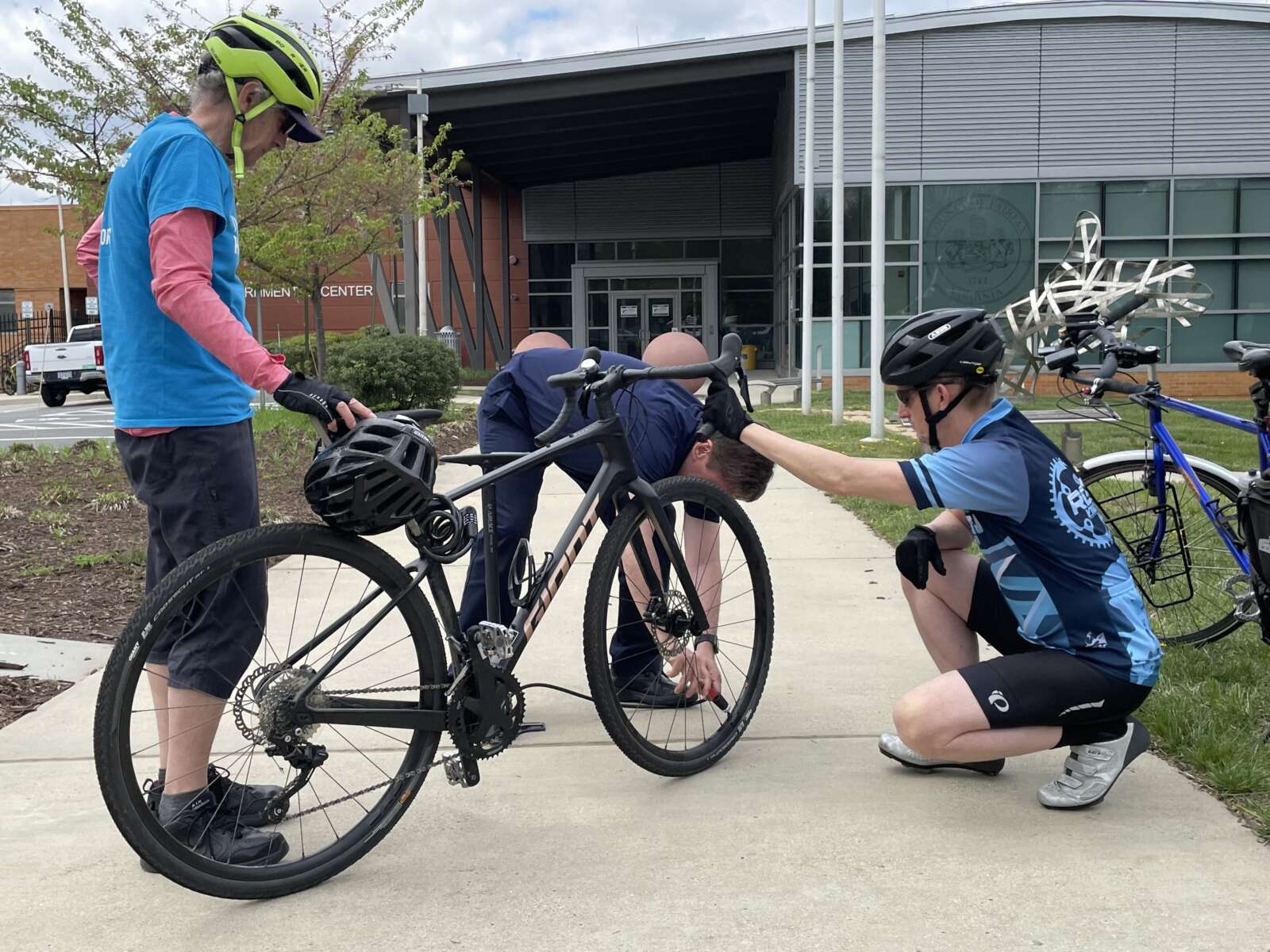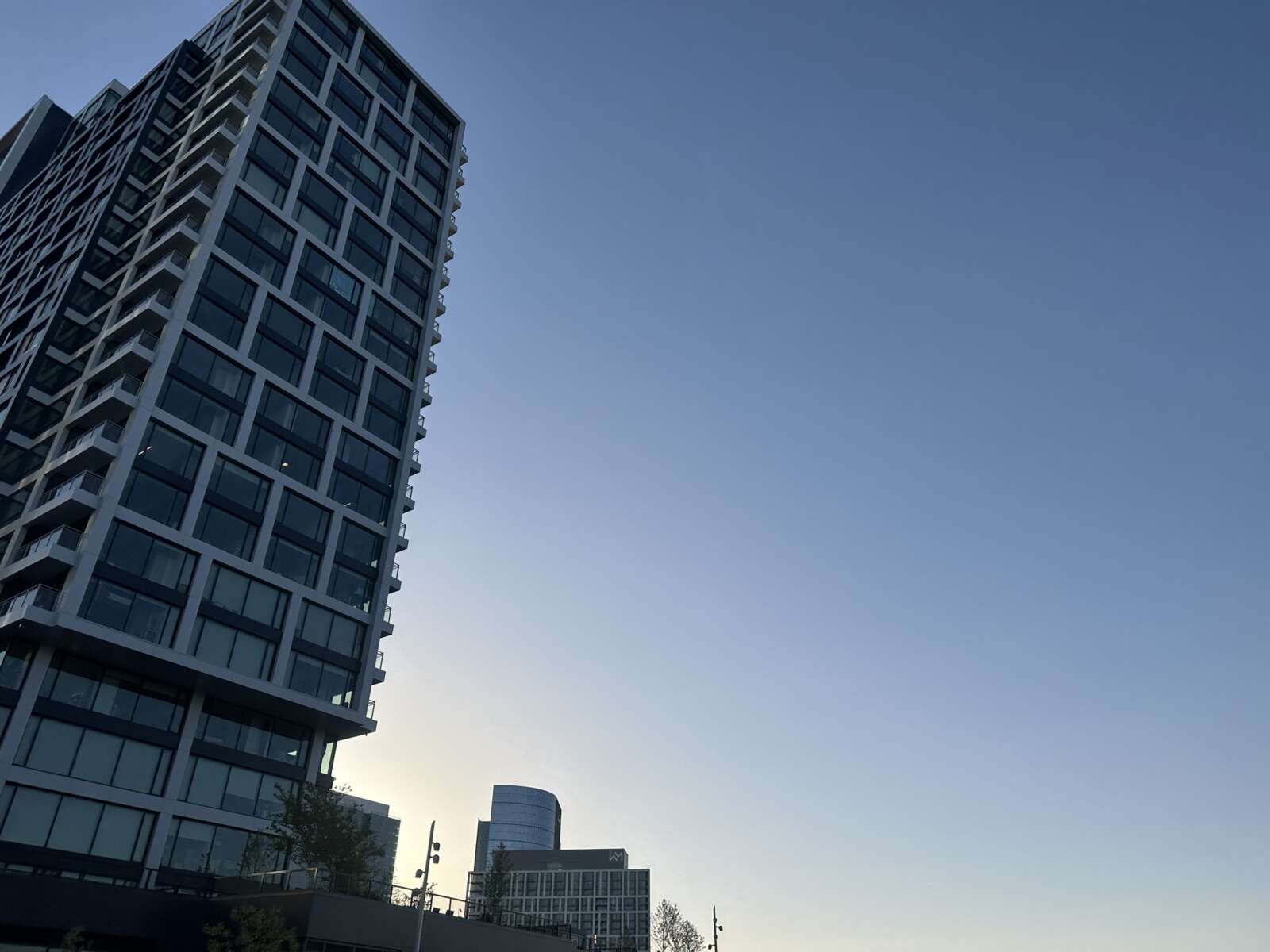To check-in with local doctors to see how they are faring during the COVID-19 pandemic, Tysons Reporter reached out to Kaiser Permanente, which has locations all over the mid-Atlantic region.
Dennis Truong is the regional telemedicine director and assistant physician in chief in Northern Virginia for Kaiser Permanente, who sees patients at the Tysons Corner Kaiser medical center, according to a KP spokesperson.
Truong told Tysons Reporter in a Q&A about his experience helping patients during the COVID-19 pandemic.
How are you feeling emotionally during this time?
Each day is a crazy mix of emotions. To keep a balanced mind, I take time every morning to acknowledge each one, from worrying about loved ones and colleagues, near and far, to the stress of getting the necessary work things done in this race against time. But with these emotions also brings appreciation, for what I have and for the opportunity to serve others and transform health care during this pandemic.
Many of us health care workers have trained and prepared most of our lives to serve in a moment like this. So overall, I feel emotionally strong because I’m inspired by those around me and know that doing my part, while they do theirs, will get us through this.
Each day also bring elements of pleasant emotional surprises, from family texting jokes and spontaneous words of encouragement and appreciation, to dentist friends donating masks from their practices, to colleagues willing to pitch in to help when telehealth surges all hours of the day.
This leads to the most important emotion — a glimpse of happiness — as we’re seeing how so many people care about each other’s well-being and are willing to take personal responsibility to help “flatten the curve.”
For many of my health care colleagues around the world, hope and happiness fuels us to keep fighting the fight with a positive attitude against COVID-19.
What is the attitude of patients who come in for things other than COVID-19 concerns?
In three short weeks, we’ve dramatically transformed the care delivery system at Kaiser Permanente in the mid-Atlantic region to meet the needs of our members virtually.
More than 85% of our encounters are now virtual across urgent care, primary care, and specialty care departments. This paradigm shift was possible for three key reasons. First, at Kaiser Permanente we’ve been doing virtual care (aka telehealth) since 2013 so our providers were prepared.
Also, the Kaiser Permanente culture has always been patient-centric and extremely responsive to the needs of our members. The ability to quickly pivot and rapidly scale our telehealth offerings across all services was universal.
Last, we communicated with our members early and often, so they understood the significance of using our telehealth options before they came into a clinic to keep themselves and our communities safe.
Almost all of our patients use our telehealth options of the advice nurse, e-visits, phone visits and video visits to get personalized care and care coordination before coming in to one of our medical centers. We’ve had many patients express gratitude for being able to access care, for COVID and many other medical needs that are still arising, from the comfort of home.
Do you feel that there are enough medical supplies in the Reston, Tysons, McLean and Falls Church area to support the needs of patients and doctors? What are you running low on?
COVID is now spreading quickly through many communities including here in the D.C. area and our equipment and supply needs have increased significantly as a result. Yet, we have leveraged our national network and with the support of our supply teams and our staff, have increased our supply of personal protective equipment. Through diligent conservation efforts and ongoing procurement efforts, we have the appropriate PPE to protect our team today and in the days ahead.
What trends or changes to the medical system have surprised you the most during this pandemic?
Since early March at Kaiser Permanente, we have seen a total delivery system transformation to “virtual first.” This means that our first approach to an appointment is a virtual appointment through video, phone or secure email. We have evolved to providing more than 85% of all encounters virtually. Our priority has been keeping our members safe and educating and notifying them about care choices. It is amazing how many patients and providers are now using our system “virtual first.”
How prepared is the NoVA area compared to the rest of the country for the peak of the pandemic? When do you think the peak will happen?
The latest information indicates that we could see a surge of patients in our region over the next two to three weeks. However, these models are changing and this timing may change too. We are working diligently to make sure that we are ready to care for all our patients whether they come this week, next week or later. We are also set up to continue expanding our virtual care and pharmacy delivery options as the surge occurs.
How will the pandemic affect people who come into the ER with other (non-COVID-19) life-threatening emergencies?
We are using our robust telehealth services to have our physicians safely evaluate and follow members at their homes. If patients show up to our centers, we have created separate areas to triage COVID and non-COVID patients.
For COVID patients, we triage them to a special triage location with skilled emergency medicine physicians dedicated to that work. Therefore, other patients coming to us for urgent care are treated in separate area by a separate group of emergency physicians to assure continued delivery of highest quality care.
How do you feel that this pandemic will affect the rest of your career in healthcare?
The pandemic has already affected my career in extraordinary ways. As a board-certified emergency physician, I trained in Detroit hospital systems that only knew about dealing with emergencies or those that couldn’t afford preventative care. As an active-duty Air Force physician, I learned the importance of structure but lacked the right technology.
When I came to Kaiser Permanente, I learned the importance of proactive and integrated care alongside a provider and patient-friendly electronic medical records. As the director of Virtual Care for Kaiser Permanente, I am part of a team that has spent years preparing our technology and organizational culture to understand the important role virtual care has in safely extending our care delivery reach.
Every pandemic is an opportunity to learn, and when the dust settles on COVID-19, I believe the U.S. health care system and our citizens will have fully embraced telehealth as the leading approach in healthcare.
Staff photo by Jay Westcott






